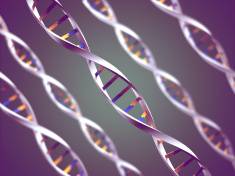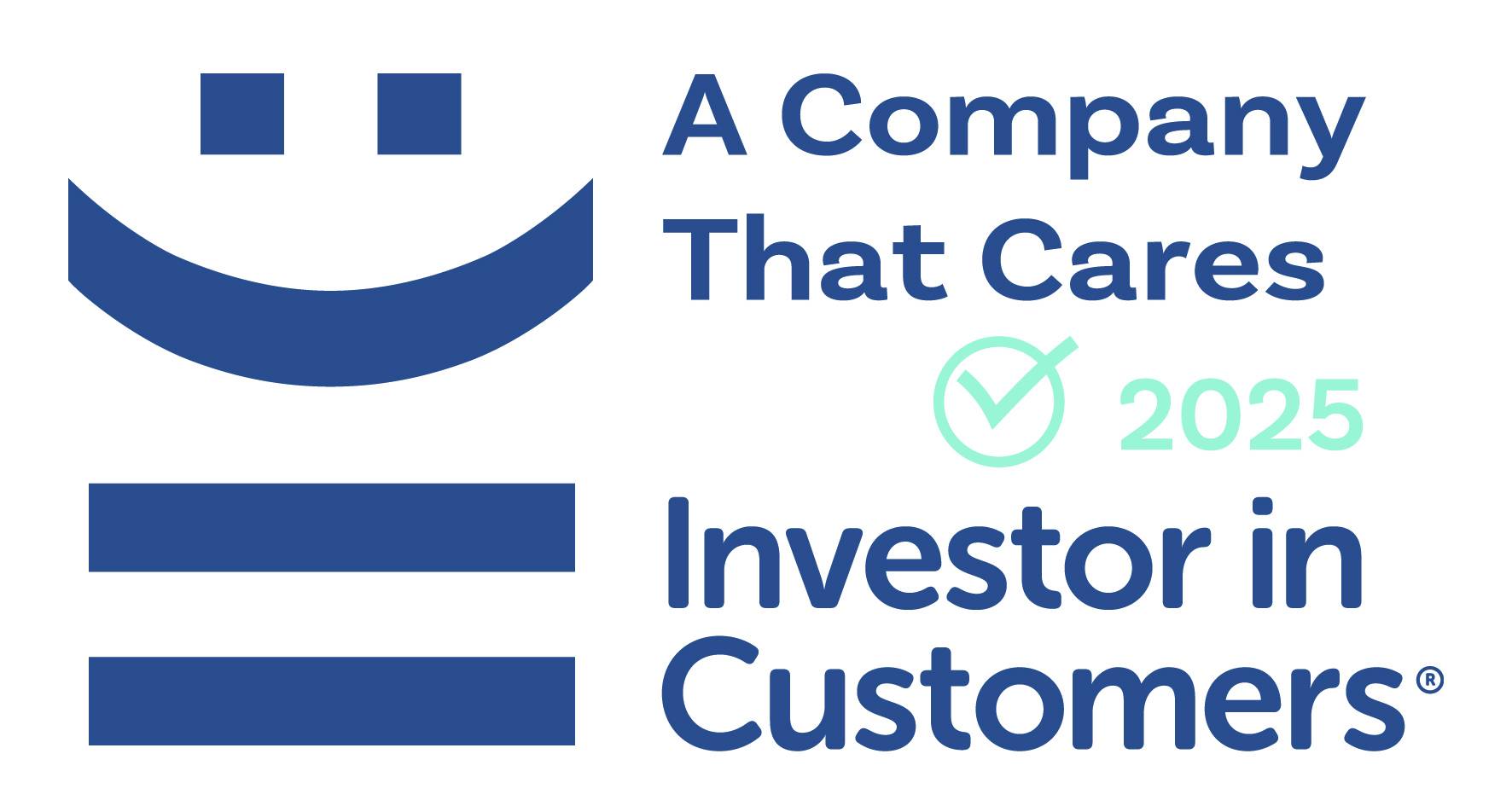
25
Feb 2020
New gene therapy to halt rare inherited eye disorder
It is hoped that the new treatment, Luxturna, which costs around £600,000 and has been approved by the National Institute for Health and Care Excellence, will improve vision and even halt sight loss.
The gene therapy will benefit patients who have retinal dystrophy, a condition which stems from inheriting a faulty copy of the RPE65 gene from both parents. The gene is crucial for providing the pigment that light sensitive cells need to absorb light. This condition initially affects night vision only, but eventually as cells die, can lead to complete blindness.
The treatment can only be used on patients who still have some remaining vision and should provide the biggest benefit to children with the condition, as it could put a stop to sight loss before permanent damage sets in.
During the treatment, an injection is made into the back of the eye, delivering working copies of the RPE65 gene which are contained inside a harmless virus, enabling them to penetrate the retinal cells. Once inside the nucleus, the gene provides the instructions to make the RPE65 protein, which is crucial for healthy vision.
Although it is not currently known how long benefits of the treatment will last, it is thought it could be several decades.
Chadwick Lawrence’s specialist team of clinical negligence lawyers have years of experience in medical negligence claims, providing support and guidance after life-changing events. Not only do we represent clients in Yorkshire, but because of our reputation we also represent clients nationally.
If you believe that you or a relative may have been injured as a result of clinical/medical negligence, please call for free legal advice from our medical negligence solicitors on the freephone number below.
Posted by Tony May, Partner/head of Clinical Negligence Department, Chadwick Lawrence LLP (tonymay@chadlaw.co.uk ), medical negligence lawyers and clinical negligence solicitors in Huddersfield, Leeds, Wakefield and Halifax, West Yorkshire.
Freephone : 0800 304 738
- Like this ? Share with friends




